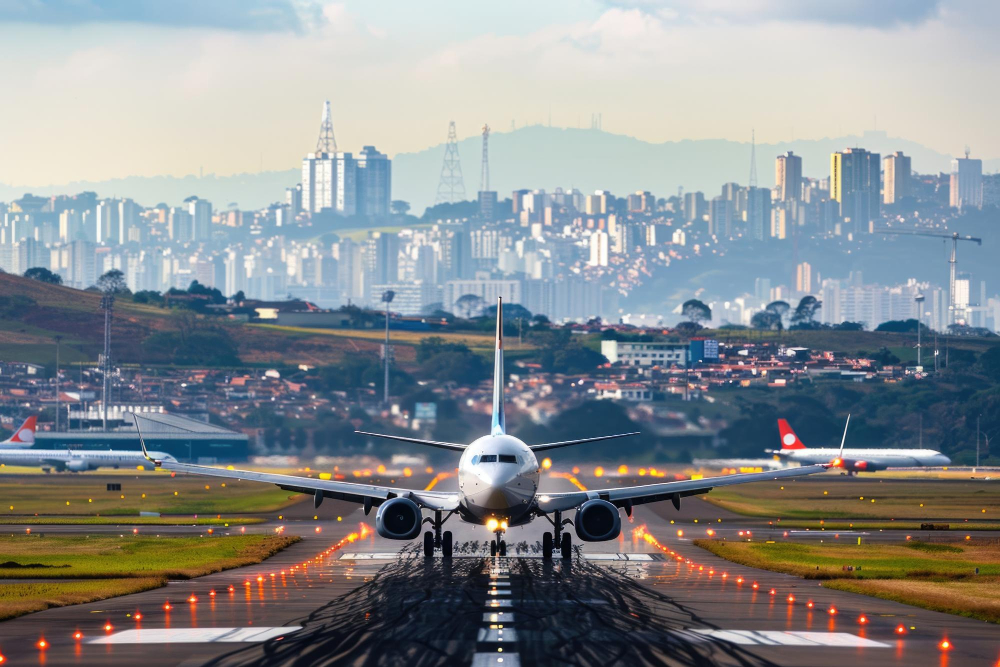Today's content will give you tips and methods for safe travel to Korea.
1. Prepare Necessary Documents
Before you embark on your journey to Korea, ensure that your passport is valid for at least six months from the date of your entry.
Depending on your nationality, you may need to apply for a K-ETA (Korea Electronic Travel Authorization) or a visa.
The K-ETA system allows visitors from eligible countries to enter South Korea without requiring a traditional visa for short-term stays.
The process is simple: you can apply online, and it is recommended to do so at least 24 hours before your departure to ensure enough time for approval.
Travelers should also print or have a digital copy of the K-ETA confirmation when traveling.
Pro Tip: It’s a good idea to double-check the latest entry requirements for South Korea, as policies can change due to global events or diplomatic updates.

2. Travel Insurance
Purchasing comprehensive travel insurance is essential.
Make sure your policy covers health, accidents, medical evacuations, and trip interruptions.
In case of unexpected medical emergencies or travel delays, your insurance will protect you from bearing the full cost.
In addition, some policies offer coverage for theft or loss of personal belongings, which can provide extra peace of mind while exploring Korea.
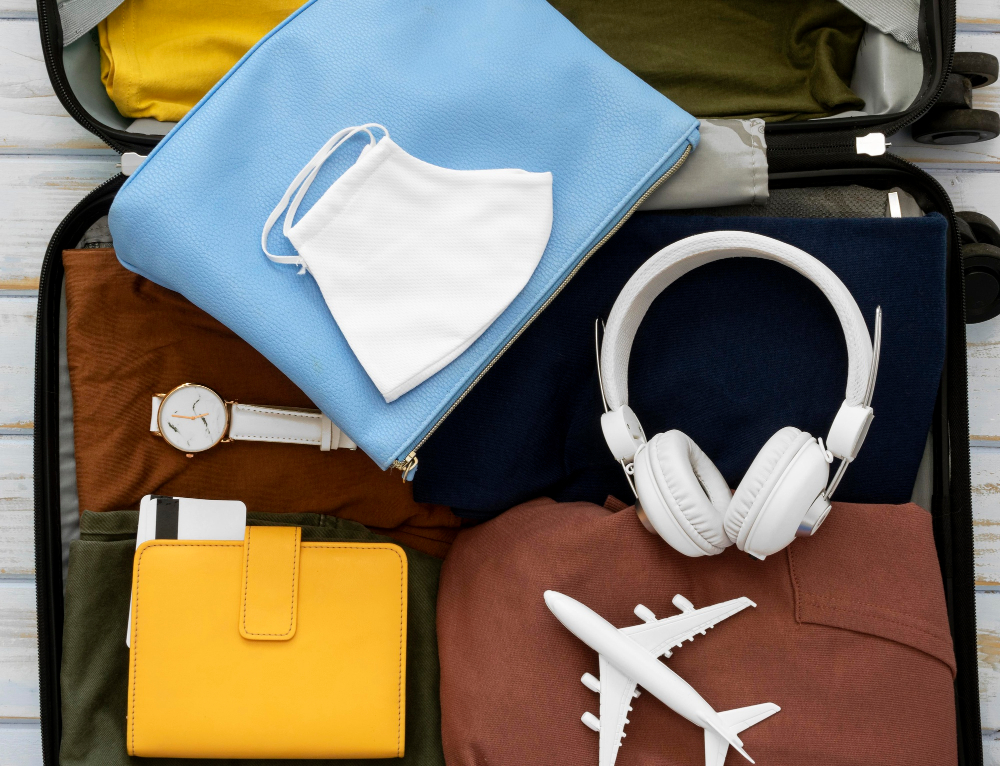
3. Emergency Contacts
It’s always a good idea to be prepared with emergency contacts.
Familiarize yourself with Korea’s emergency numbers: dial 112 for police and 119 for medical emergencies or fire services.
In case of an urgent situation, these numbers can connect you to English-speaking operators.
Additionally, keep a list of important contacts, such as your embassy or consulate, travel insurance providers, and local contacts if you have any.
Having these details readily available will save time and reduce stress during any emergency.
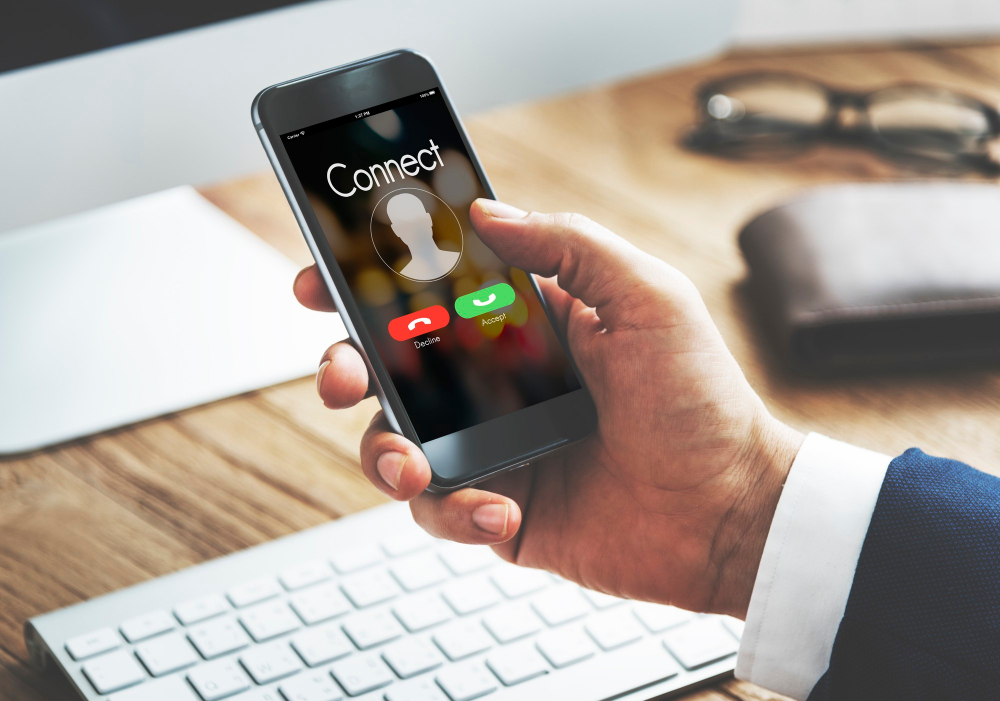
4. Language Preparation
While English is spoken in many tourist areas, knowing a few basic Korean phrases will enhance your experience and help you navigate day-to-day activities.
For instance, phrases like “Hello” (안녕하세요), “Thank you” (감사합니다), or “Where is...?” (어디에요?) can go a long way.
If learning the language is challenging, using translation apps like Google Translate or Papago can assist in communication.
South Korea’s advanced technology infrastructure also means you can rely on apps for a wide range of services.
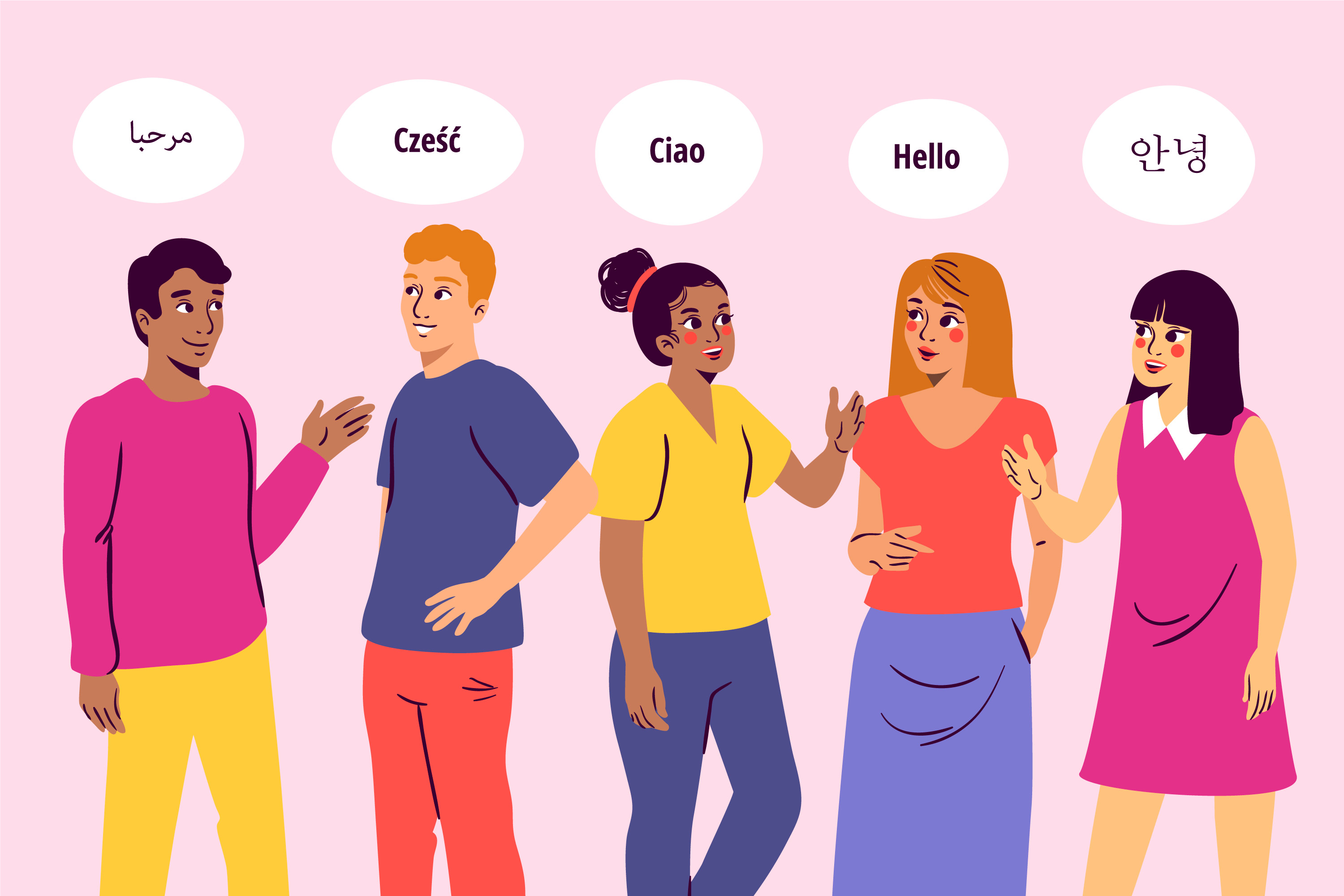
5. Local Transportation
Seoul boasts one of the most efficient and modern public transportation systems in the world.
The subway is extensive and easy to navigate, with signs and announcements available in English.
Buses and taxis are also readily available, but make sure to use official taxi services or taxi apps to ensure safe and transparent pricing.
If you plan to travel around the city or across the country, consider purchasing a T-money card for convenient access to subways, buses, and taxis.
Additionally, renting a portable Wi-Fi device or using an international SIM card will keep you connected, allowing you to access navigation apps on the go.
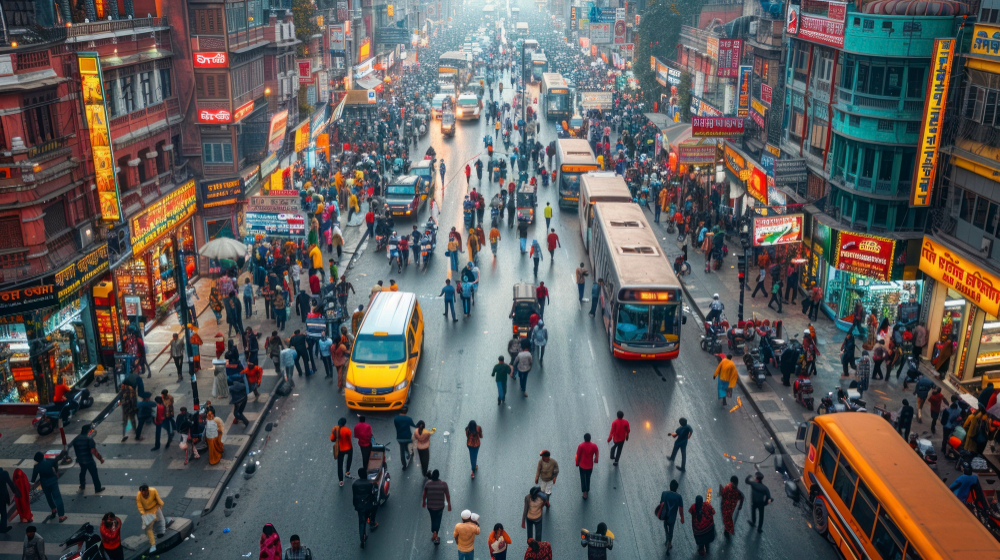
6. Cultural Etiquette
Understanding Korean cultural etiquette will help you blend in and show respect during your stay.
Bowing when greeting, using both hands when giving or receiving something, and removing your shoes before entering a home are just a few examples of important customs.
When dining, it’s polite to wait for elders to start eating, and pouring drinks for others is a common social practice.
Knowing and following these customs will not only make your trip smoother but will also be appreciated by locals.

7. Weather and Seasonal Awareness
Korea experiences four distinct seasons, so it’s essential to pack appropriately based on the time of your visit.
Summer can be hot and humid, while winters can be cold with snow in many areas.
If you plan to visit during autumn (September to November), you’ll enjoy mild temperatures and vibrant foliage, making it one of the best times for sightseeing.
Conversely, during the monsoon season (July to August), it’s crucial to carry an umbrella and wear waterproof clothing. Being prepared for the weather will enhance your comfort and safety during your trip.

8. Scams and Safety Precautions
Korea is generally considered a very safe country for travelers.
However, as with any travel destination, it’s wise to remain cautious.
Tourist scams, though rare, can happen in crowded places, such as markets or near popular attractions.
Always be cautious of unsolicited offers, and avoid deals that seem too good to be true.
Keep your belongings secure, especially in crowded areas like subway stations or shopping districts. South Korea’s CCTV infrastructure is extensive, contributing to its reputation as a safe destination, but personal vigilance is still recommended.
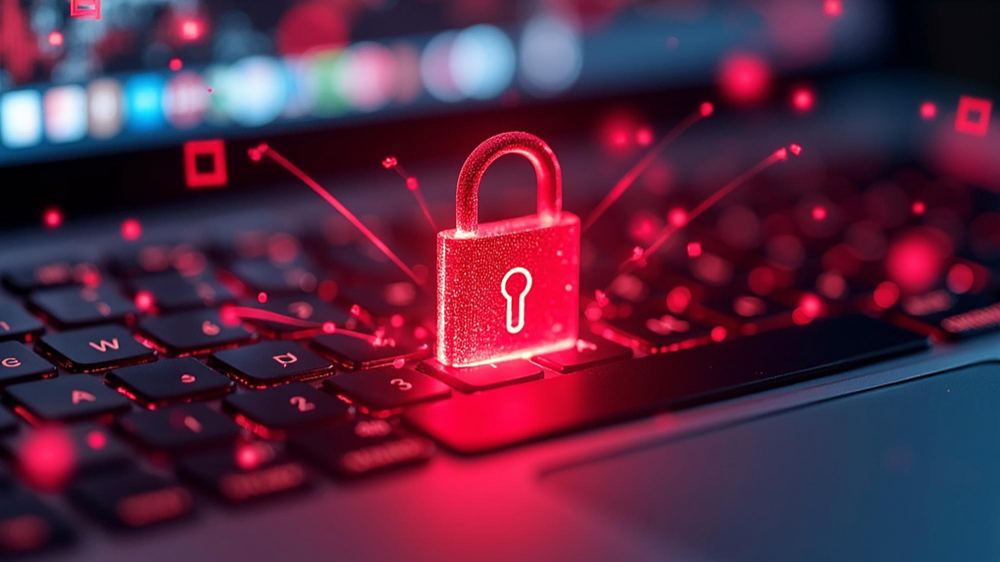
ETAPORTAL Support for K-ETA Application
If you are planning to visit Korea and need to apply for K-ETA, ETAPORTAL provides support to ensure a smooth and safe journey.
Our Korean experts are well-versed in the K-ETA process and will guide you through every step to efficiently process your application.
We will help you make your trip to Korea safe and comfortable, so you can focus on your travel experience.
We will take care of the application process for you, so you can prepare for your trip with peace of mind.
